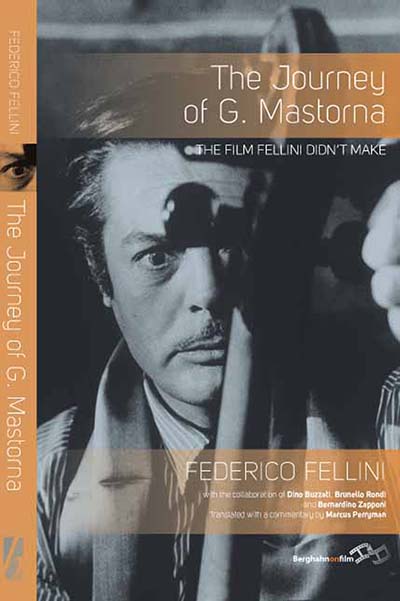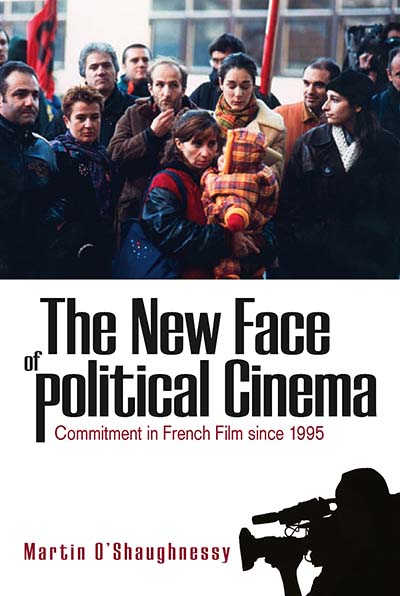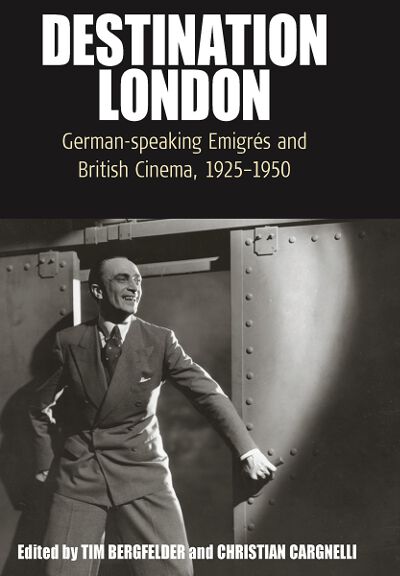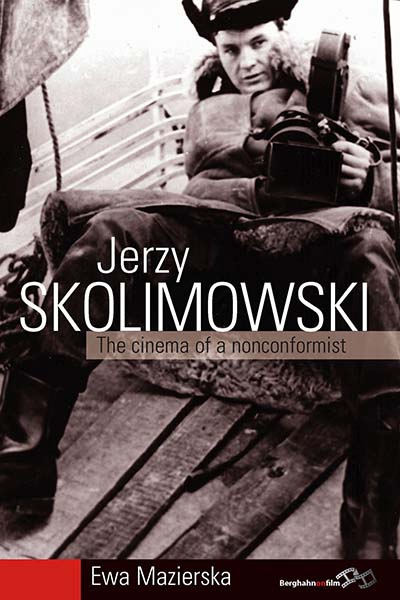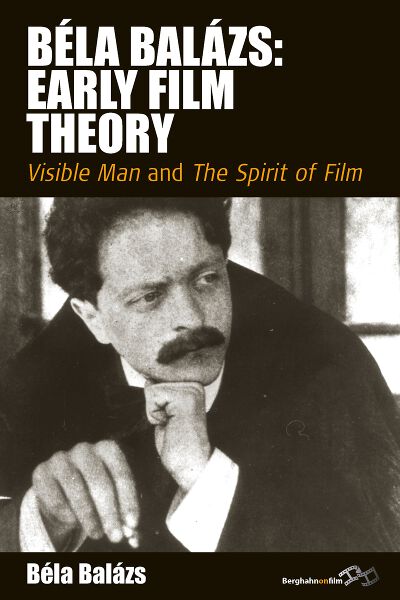
Series
Volume 10
Film Europa
Email Newsletters
Sign up for our email newsletters to get customized updates on new Berghahn publications.
Béla Balázs: Early Film Theory
Visible Man and The Spirit of Film
Béla Balázs
Translated by Rodney Livingstone
Edited by Erica Carter
Published in association with Screen
314 pages,
ISBN 978-1-84545-660-3 $135.00/£104.00 / Hb / Published (May 2010)
ISBN 978-0-85745-355-6 $19.95/£15.95 / Pb / Published (September 2011)
eISBN 978-1-84545-796-9 eBook
Reviews
“This book will benefit any student encountering Film Theory in either an introductory, intermediate or advanced course or any context where deepening our understanding or love for film is the goal.” • Bright Lights Film Journal
“[The book is] part of the Film Europa: German Cinema in an International Context series. [It] has an attractive typeface and a well-designed layout. In addition to Carter’s introduction there is also a useful Glossary of terms and an Appendix with two reviews… In all, this book is a very good introduction to Balázs’ film philosophy and a long overdue entry into the English-speaking world of film literature.” • Screening the Past
“An exemplary book in every way, this translation makes Balázs' revolutionary texts available in English for the first time… Dating from 1924 and 1930 respectively, The Visible Man and The Spirit of Film had a decisive influence on such major Russian filmmakers as Vsevolod Pudovkin and Sergei Eisenstein, and were among the first studies to examine filmic syntax, grammar, and editorial structure. Including a detailed introduction and numerous illustrations, this volume is a must for anyone serious about film… Highly recommended.” • Choice
Description
Béla Balázs’s two works, Visible Man (1924) and The Spirit of Film (1930), are published here for the first time in full English translation. The essays offer the reader an insight into the work of a film theorist whose German-language publications have been hitherto unavailable to the film studies audience in the English-speaking world. Balázs’s detailed analyses of the close-up, the shot and montage are illuminating both as applicable models for film analysis, and as historical documents of his key contribution – alongside such contemporaries as Arnheim, Kracauer and Benjamin – to critical debate on film in the ‘golden age’ of the Weimar silents.
Béla Balázs was a Hungarian Jewish film theorist, author, screenwriter and film director who was at the forefront of Hungarian literary life before being forced into exile for Communist activity after 1919. His German-language theoretical essays on film date from the mid-1920s to the mid-1930s, the period of his early exile in Vienna and Berlin.
Erica Carter is Professor of German and Film at King's College, London. Her writings on film include The German Cinema Book (co-ed. Tim Bergfelder & Deniz Göktürk, 2002), and Dietrich¹s Ghosts. The Sublime and the Beautiful in Third Reich Film (2004).
Rodney Livingstone is Emeritus Professor of German at the University of Southampton. He is an American Translators Association award winner for his work on Detlef Claussen's Life of Adorno: Theodor W. Adorno: One Last Genius (2008). He is well known as a translator of books by Walter Benjamin, Theodor W. Adorno, and Max Weber, among others.

